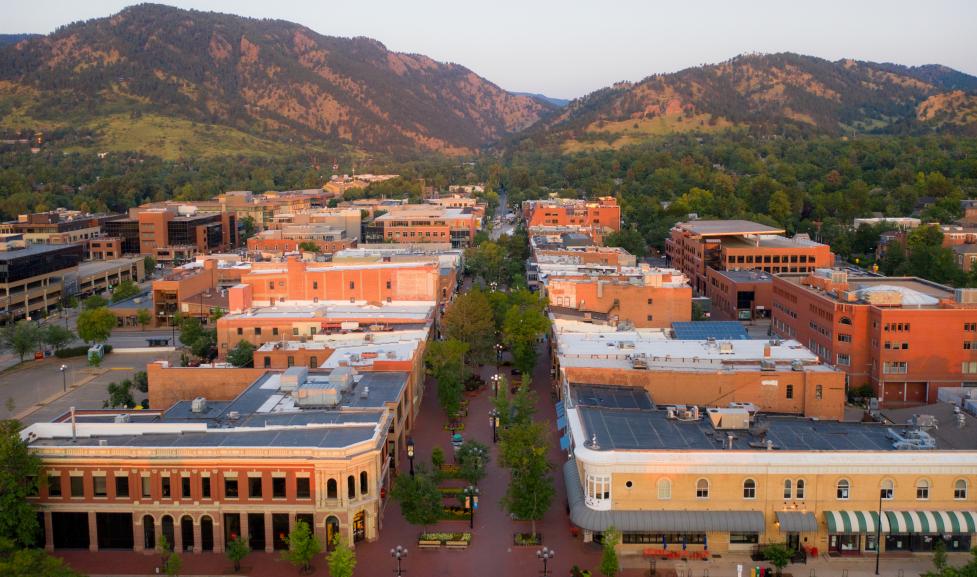Project Overview
Shaping the future of Boulder’s downtown and central business districts.
The City of Boulder is exploring the creation of a Downtown Development Authority (DDA) - a special district that could provide long-term funding for public space improvements, business support, and community programs in our central business areas.
The proposed DDA would cover Downtown Boulder, the Civic Area, University Hill, and the Western City Campus area. If created, it could operate for up to 30 years and use tools like Tax Increment Financing (TIF) to reinvest in these districts.
This process builds on the recent Improvement Districts Analysis and will involve property owners, businesses, residents, and other partners in shaping the vision and priorities.
